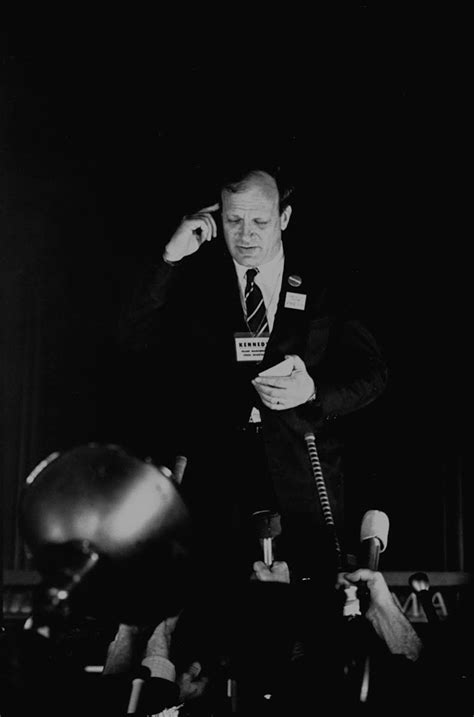A Quote by Janet Fitch
A dependent clause (a sentence fragment set off by commas, dontcha know) helps you explore your story by moving you deeper into the sentence. It allows you to stop and think harder about what you've already written. Often the story you're looking for is inside the sentence. The dependent clause helps you uncover it.
Related Quotes
Writing is linear and sequential; Sentence B must follow Sentence A, and Sentence C must follow Sentence B, and eventually you get to Sentence Z. The hard part of writing isn't the writing; it's the thinking. You can solve most of your writing problems if you stop after every sentence and ask: What does the reader need to know next?
But sometimes when I was starting a new story and I could not get it going, I would sit in front of the fire and squeeze the peel of the little oranges into the edge of the flame and watch the sputter of blue that they made. I would stand and look out over the roofs of Paris and think, 'Do not worry. You have always written before and you will write now. All you have to do is write one true sentence. Write the truest sentence that you know.' So finally I would write one true sentence, and then go on from there.
Every sentence has a truth waiting at the end of it and the writer learns how to know it when he finally gets there. On one level this truth is the swing of the sentence, the beat and poise, but down deeper it's the integrity of the writer as he matches with the language. I've always seen myself in sentences. I begin to recognize myself, word by word, as I work through a sentence. The language of my books has shaped me as a man. There's a moral force in a sentence when it comes out right. It speaks the writer's will to live.
A politician will always tip off his true belief by stating the opposite at the beginning of the sentence. For maximum comprehension, do not start listening until the first clause is concluded. Begin instead at the word 'BUT' which begins the second, or active, clause. This is the way to tell a liberal from a conservative - before they tell you. Thus: 'I have always believed in a strong national defense, second to none, but...(a liberal, about to propose a $20 billion defense cut).
It's kind of like sentencing. A lot of people say that we have a heavy sentence for this crime and a light sentence for another crime, and what we ought to do is reduce the heavy sentence so it's more in line with the other. Wrong. In most cases we ought to increase the light sentence and make it compatible with the heavy sentence, and be serious about punishment because we are becoming too tolerant as a society, folks, especially of crime, in too many parts of the country.
Writing helped to have jobs that involved running around, pushing things like dish carts and wheelbarrows. It would be hard to sit at a desk all day, and then come to sit at another desk. Also, it helps to abandon hope. If I sit at my computer, determined to write a New Yorker story I won't get beyond the first sentence. It's better to put no pressure on it. What would happen if I followed the previous sentence with this one, I'll think. If the eighth draft is torture, the first should be fun. At least if you're writing humor.


































